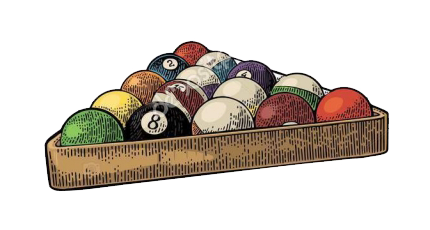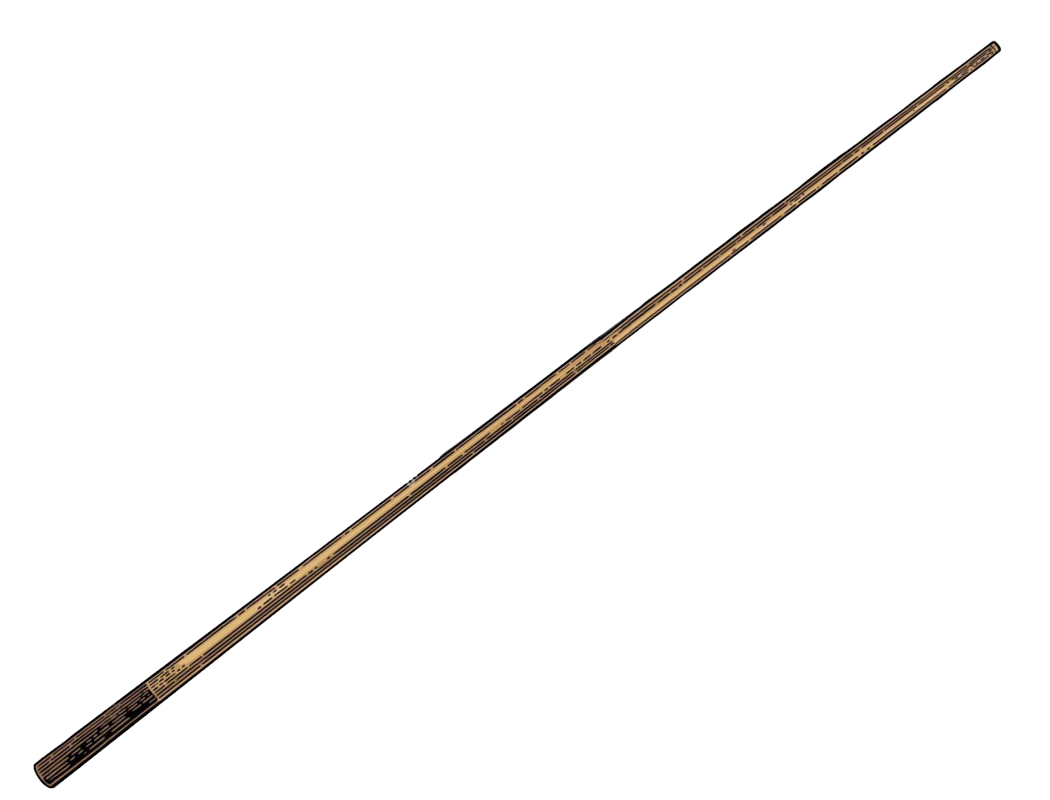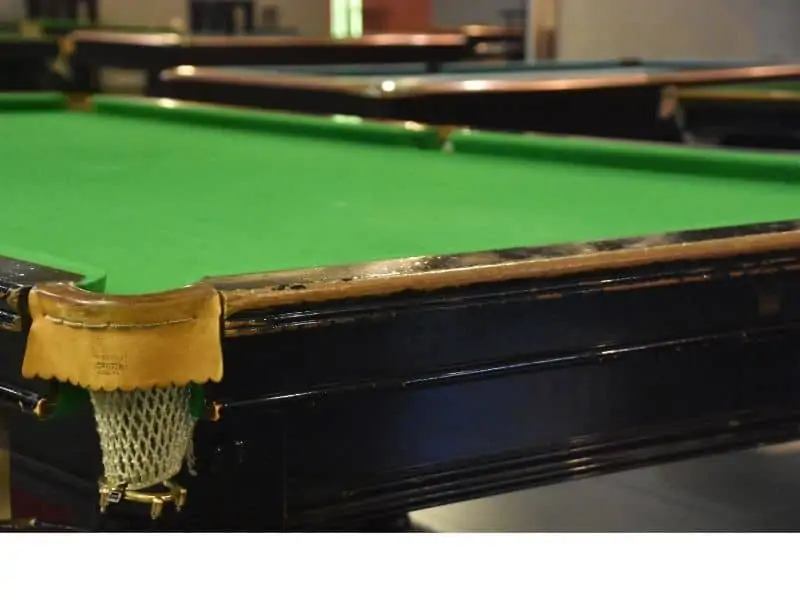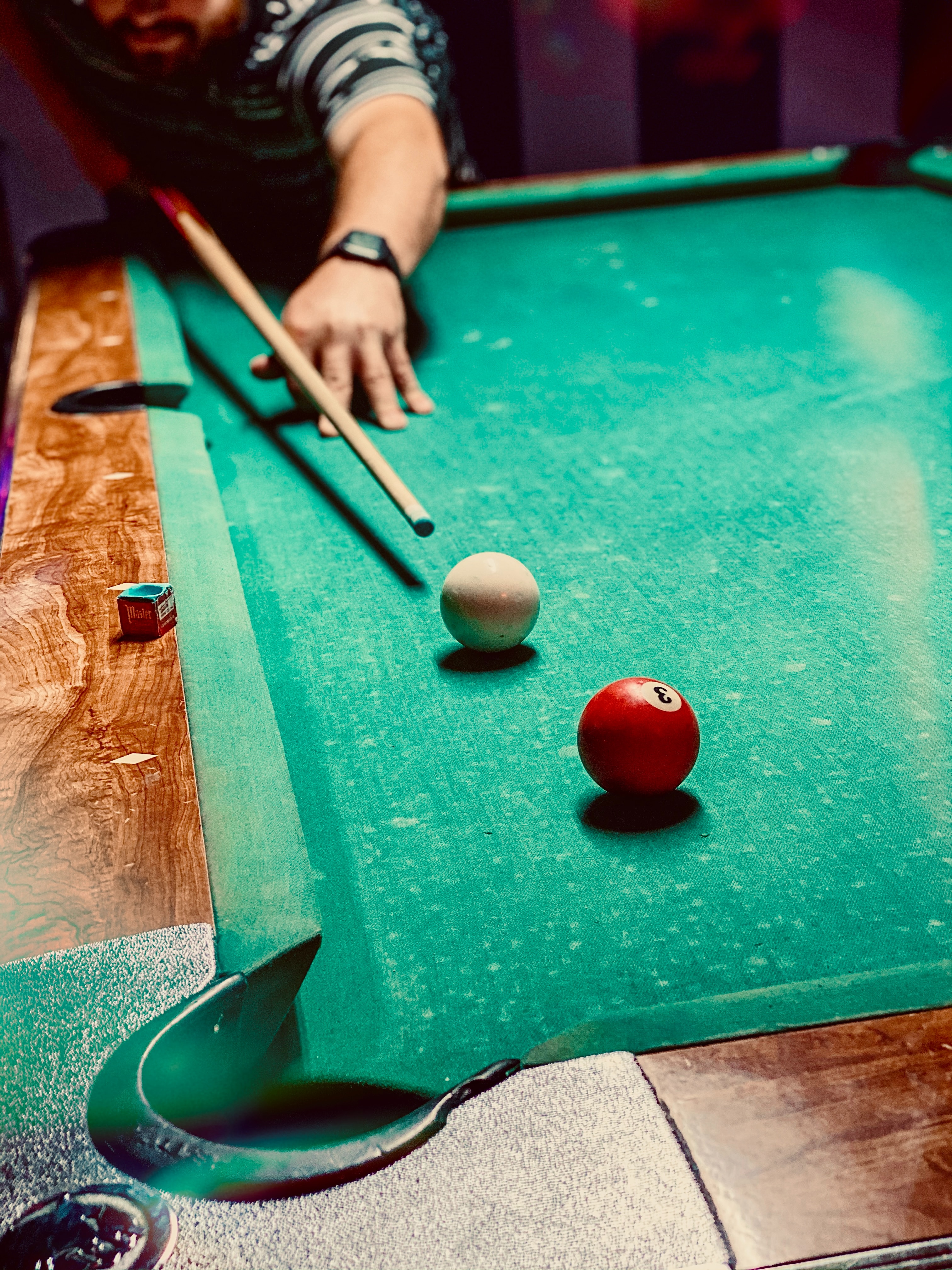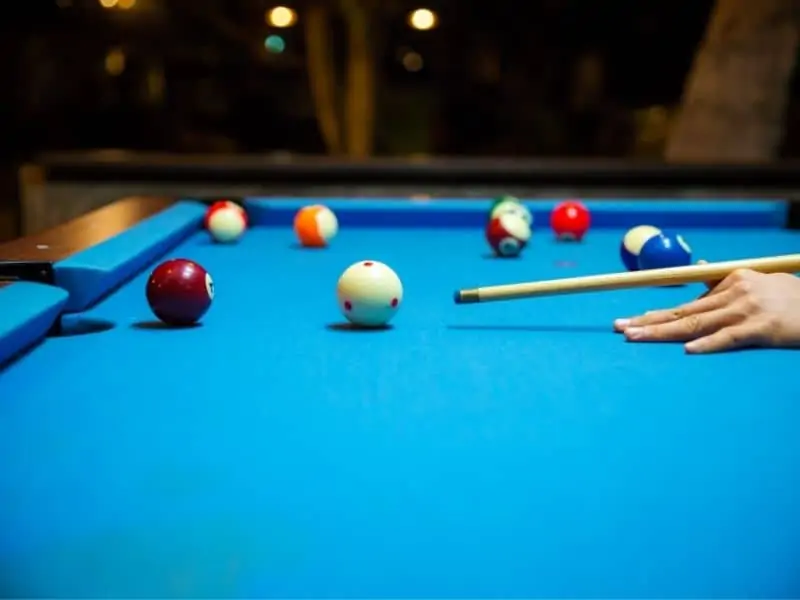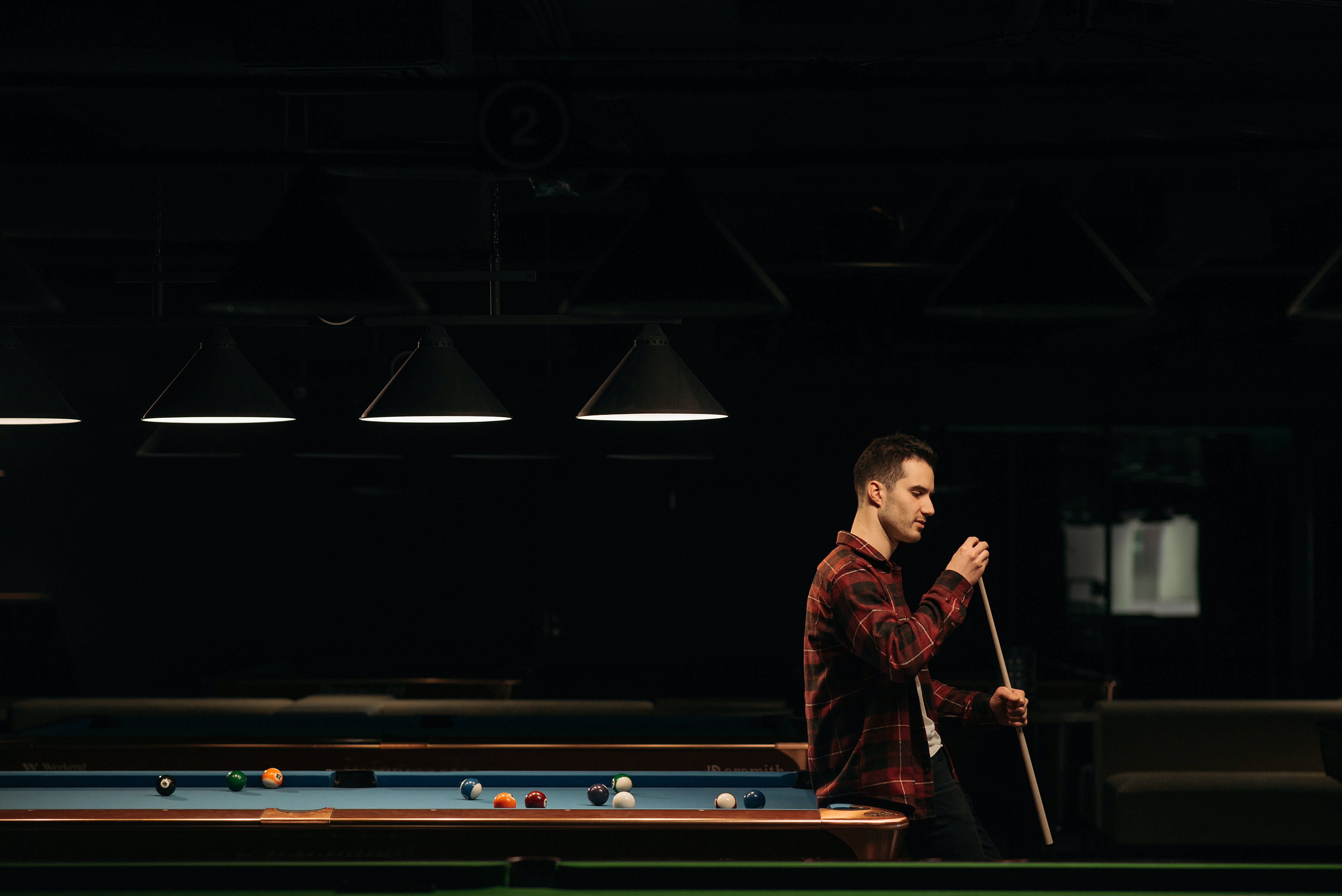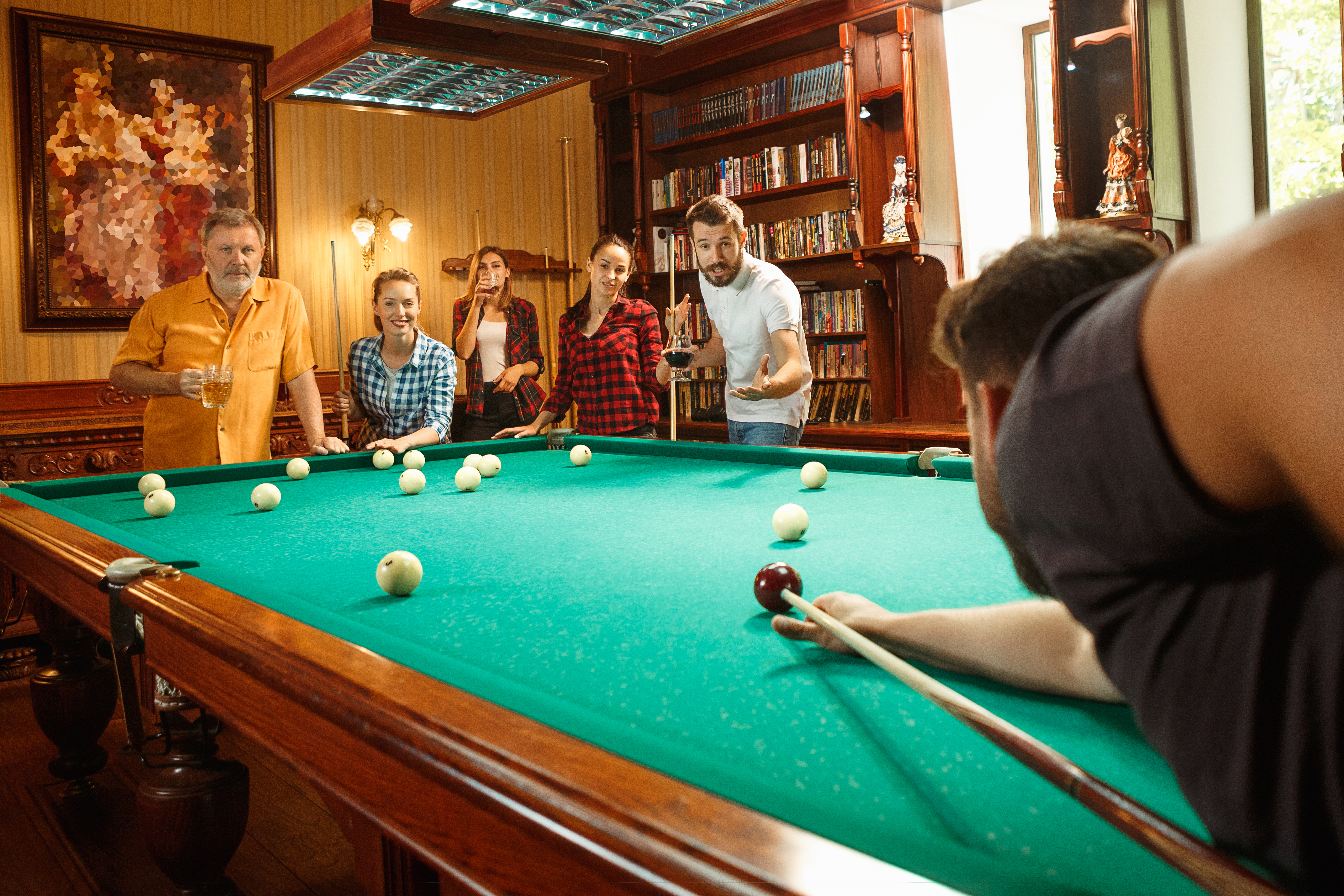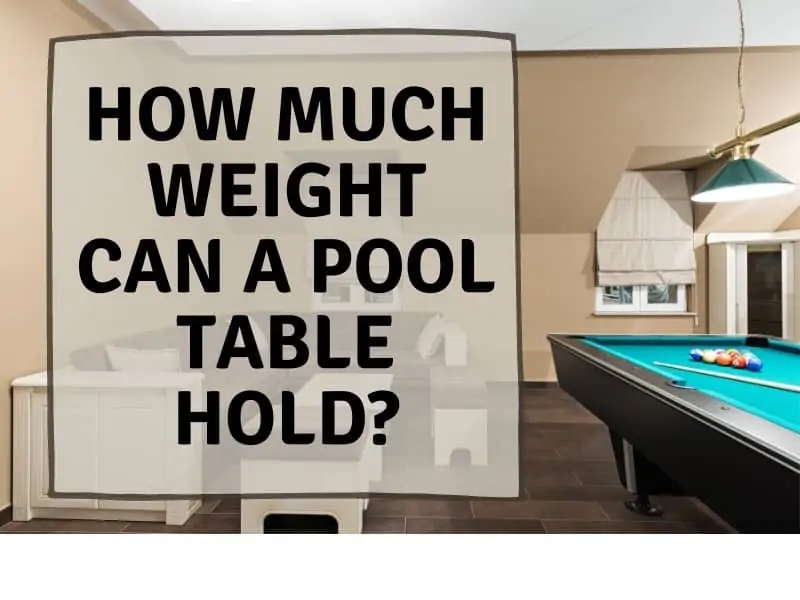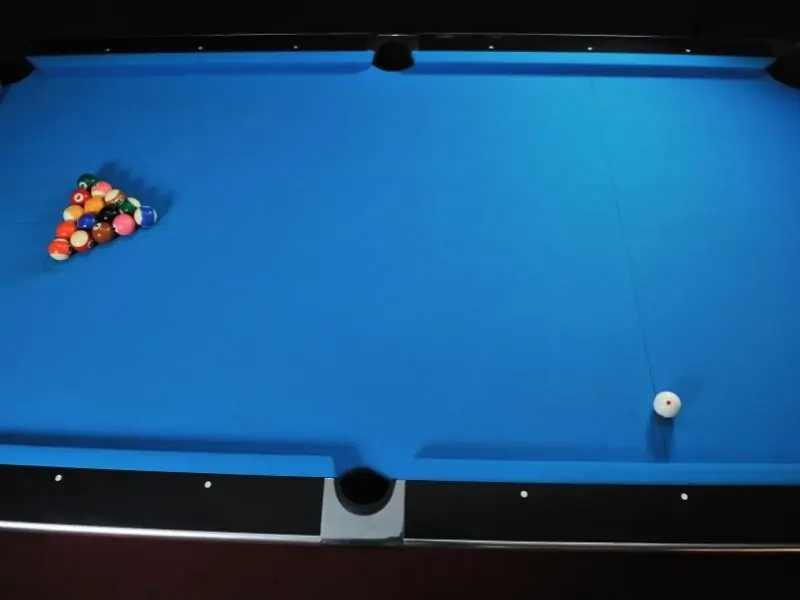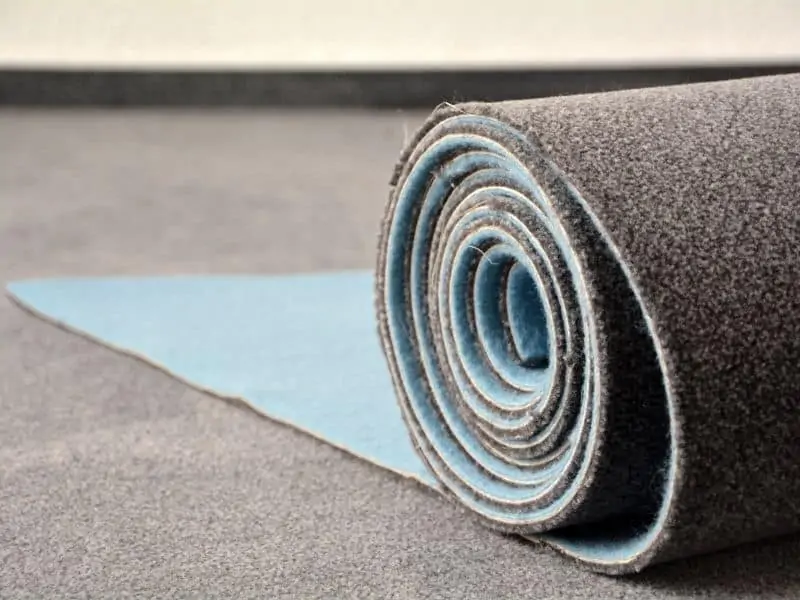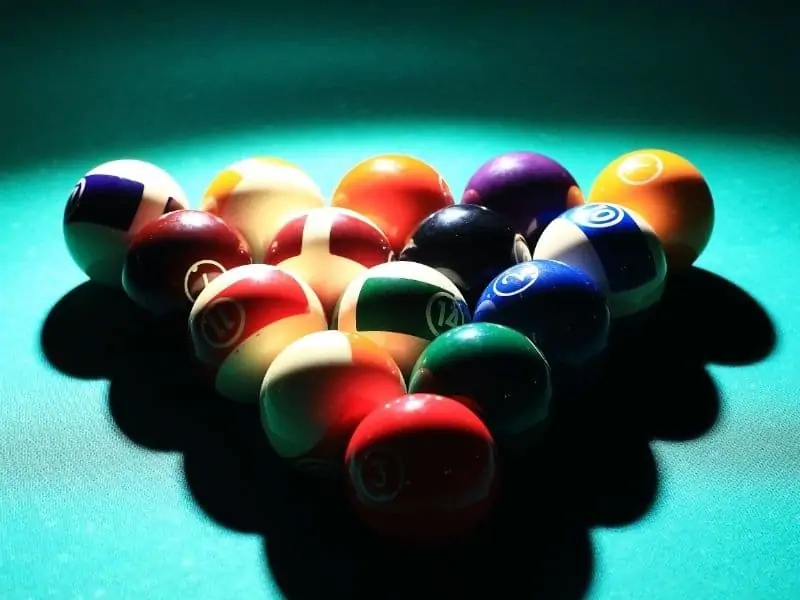Owning a pool table is unlike owning any other piece of furniture. Unlike the indispensable couch in your living room, a pool table occupies a unique space as a non-essential yet highly valuable item, often found in rec rooms or basements. One burning question that resonates among our readers here at BilliardBeast is: “How long do pool tables last?”
It’s Not One-Size-Fits-All: Factors Affecting Longevity
The straightforward yet complex answer is, “It depends.” The longevity of your pool table is highly contingent upon various factors such as material, usage, and maintenance.
Slate Bed vs. MDF Bed: The Longevity Gap
When it comes to durability, slate bed pool tables take the crown. These are not just tables; they are heirlooms that you can pass down to future generations. With proper care, a quality slate bed pool table can continue to be the centerpiece of family gatherings for over 50 years.
On the flip side, MDF (Medium-Density Fiberboard) pool tables generally have a shorter life span, lasting approximately 10 years or less.
Your Blueprint for Long-lasting Satisfaction
If you’re in the market for a pool table that stands the test of time, you’re in the right place. Keep reading to uncover which tables offer lasting durability and learn the best maintenance practices to prolong any table’s aesthetic appeal and functional life.
So, whether you’re setting up a new game room or looking to replace an old table, make an informed decision with this comprehensive guide from BilliardBeast.
Slate Bed vs MDF Pool Tables: How Long Do They Last?
There are two main types of pool tables available today: slate bed and MDF bed. MDF stands for Medium-Density Fiberboard. As you can imagine, slate, which is stone, holds up much better than MDF over the long run. So, if you’re looking for a table that will last a long time, get a slate bed pool table.
Longevity Isn’t Always Best
But, since slate bed tables are significantly more expensive than MDF tables, you may not be in the market for one. Or maybe you’re looking for a table that will only last you a couple of good years before you move. After all, moving a slate bed pool table is a bit of an ordeal that’s best handled by professionals.
So, there’s a flip side to the benefit of a long-lasting slate pool table: do you really want to deal with it?
If you plan on keeping the pool table in one spot for many years, or you don’t see yourself getting tired of billiards, a slate bed table is for you.
On the other hand, if you want a table you can kind of use and abuse for a few years, I’d suggest getting an MDF table. For the price that MDF tables go for today, a couple of years is plenty of money’s worth.
No matter which kind of table you go with, I’ve got some tips to keep your table lasting a long time so you can get the most out of your investment.
Proper Care for Any Pool Table
Believe it or not, proper care for slate and MDF pool tables is remarkably similar. Apply the following tips to any table, and you can ensure the life of the pool table.
Cleaning and Protecting the Felt
Protecting pool table felt (sometimes called cloth) is the first step to keeping the rest of the table happy. There’s not a whole lot you can do about normal wear-and-tear from gameplay, but there is something: keep it clean. Get a pool table brush, like this one, if you don’t already have one. Use the brush after every session, or every other session.
Vacuum your pool table on occasion to keep the felt clean, the table pretty, and the play smooth. You can do this with a soft-bristled attachment and the vacuum on a low setting. I suggest vacuuming the table once every 3 or 4 sessions.
Get a Cover
Aside from cleaning the table regularly, the best thing you can do is get a pool table cover. This will protect the table from dust, dirt, debris, UV rays, and mishaps.

Minding the Chalk
Chalk is an essential part of pool. For best results, it’s good to chalk the cue before every shot. But, if you want to keep your pool table looking good for a long time, don’t chalk directly over the table.
It may not seem like much, but the chalk builds up in the felt. It builds up in little cracks and crevasses. It can even build up enough to affect the balls on the table. Chalk away from the table so any excess falls on the floor, not the table.
No Food, No Drinks
I don’t want this list to sound like things you must not do. That’s not what it is. But these are some ideal guidelines to keep in mind if you want your table to last a long time. By all means, pick and choose which guidelines you want to follow. For me, I will not countenance food or drinks on the pool table. I’ve seen too many accidents happen.
Instead, I ask my guests to keep their tasty beverages and snacks away from the table. No beer bottles on the side of the table and no chip crumbs on the felt. People are more than happy to oblige.
Sunlight
Direct sunlight is not the worst thing in the world for your table. It will discolor the felt and shorten the lifespan of the cushions pretty quickly, but it doesn’t pose an immediate threat to the integrity of the table. That said, sunlight is easy to protect against. Just use that handy pool table cover whenever you aren’t playing.
If you can help it, position the table in an area where you can control the amount of sunlight coming into the room. This will help you preserve the felt, at the very least.
Humidity and Extreme Temperatures: The Silent Killers
Humidity and extreme temperatures are your table’s worst enemies. Beside them, sunlight seems like a walk in the park. The fact is that if you have an MDF table, humidity will warp the playing surface pretty quickly. But it won’t stop there. It can warp the wood of the frame, as well.
While the stone playing surface on a slate table won’t warp with humidity, any wood on the table might. This is why you want to avoid exposing your table to humidity— it’s the quickest way to decrease the table’s lifespan.
Extreme temperatures go hand-in-hand with humidity. Generally, if you have a temperature-controlled area for the pool table, you can deal with humidity and temperature all at once. Still, funny things start to happen to wood and cloth when the temperatures get too high or too low, so try to keep your pool table in a temp-controlled area.
Replacing Cushions, Felt, and Other Parts
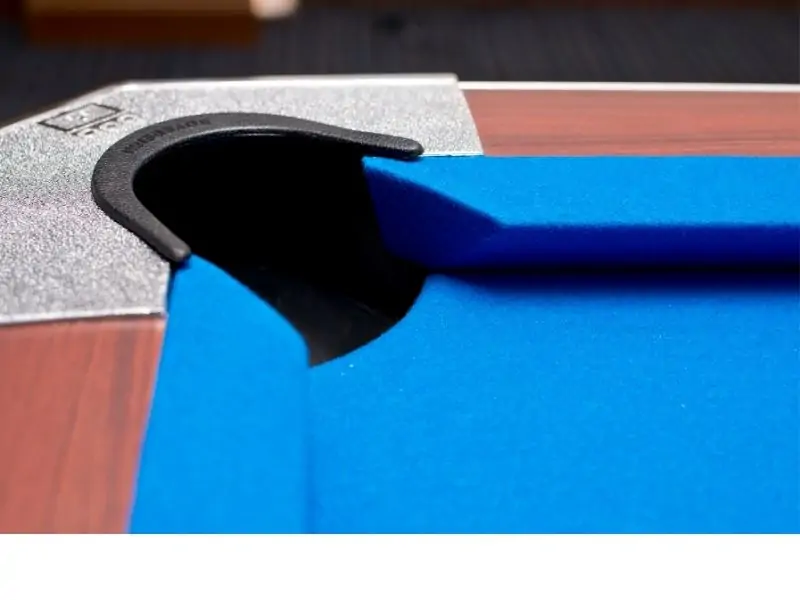
If you want to hang on to a pool table for a while, chances are you’ll have to replace the felt, cushions, or other parts. Most of the time you won’t need to worry about this for several years, especially if you follow the guidelines above. But still, keeping a pool table in good working order for many years means occasionally replacing parts.
Cushions
Most cushions last for 20 to 25 years when the table is in a climate-controlled area. This, of course, depends on the quality of the rubber, the table’s exposure to sunlight, and whether you use a pool table cover.
You’ll likely know when the bumpers are starting to get old because the bounce back will be noticeably different. Luckily, installing replacement bumpers is something you can do yourself if you’re so inclined, or you can hire a professional to do it.
Felt
Once again, how often you replace the felt depends on a number of factors. For people who play regularly, the pool table felt should be replaced every 3 to 5 years.
Keeping the felt fresh can go a long way towards proper care for the table. It’s kind of a physiological thing: when the felt starts to fade, people have a tendency to stop cleaning and caring for the table. New felt gives any pool table new life.
If your felt is looking a little worse-for-wear and your bumpers are losing their bounce, it’s a good idea to have the felt and bumpers replaced all at once.
Other Parts
Replacing other parts on the table, like pockets or rails, should be done on a case-by-case basis. These things don’t generally need replacing unless the pool table is particularly old. After all, there are tables out there that are well over 100 years old. It’s amazing what a skilled pool table restoration company can do with an old table.
How to Drastically Reduce the Life of Your Pool Table
Lastly, I would be remiss if I didn’t mention things to NOT do if you want to keep your pool table around for a while. Most of this is implied, but still. Don’t say I didn’t warn you!
Leave it Outside
Leaving a pool table outside is a great way to speed up its aging process. If you really want to put a pool table outside, purchase one that’s made for outdoor use. You can read up on that in my other article about outdoor pool tables.
Use it as a Storage Space
Sometimes pool tables fall into disuse. They start collecting dust. Pretty soon they look like a good place to store stuff. If you want to keep your pool table, don’t put anything on it other than the balls and cues! Placing heavy items on the table can warp or damage the surface.
Use it as a Ladder
Similar to the tip above, it’s not a great idea to use your table as a ladder. Although tables may seem heavy-duty, they aren’t designed to hold all the weight of the playing surface and a human. So, if you can at all avoid it, try not to stand on your table.
Never Clean It
Everything needs to be cleaned eventually, and a pool table is no different. Not only does a dirty pool table look bad, but it will start to play poorly after a little while. This is why a pool table brush and a vacuum are a pool table’s best friends.
